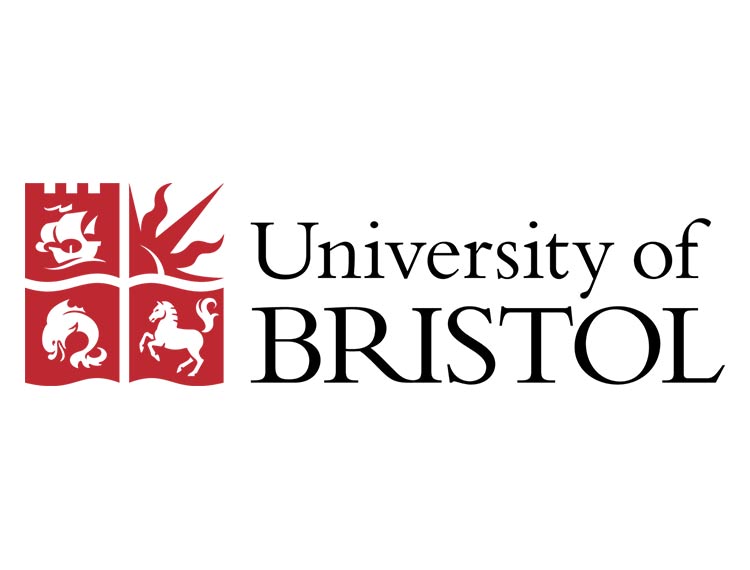Bristol academic awarded Future Leaders Fellowship

Science and Innovation Minister Chris Skidmore said: “From Sir Tim Berners-Lee’s creation of the World Wide Web, to Rosalind Franklin whose work was critical in understanding DNA, we have a rich history of talented individuals who have paved the way for ground-breaking research and discoveries in their fields.
“Our investment in these Future Leaders Fellows will enable the brightest and best of our scientists and researchers to work with leading lights in industry, to help their research move from the laboratory to the commercial market.
“This support to the next generation of scientists and researchers is a key part of our modern Industrial Strategy, and our commitment to raise R&D spend to 2.4 per cent of GDP by 2027 will maintain the UK’s position as a world-leader in science and innovation and building on our historic legacy.”
UK Research and Innovation Chief Executive, Professor Sir Mark Walport, added: “The Future Leaders Fellowships offer long-term support for the most talented researchers and innovators. Fellows will be encouraged to be adventurous in tackling tough and important research questions and opportunities for innovation.
“The Fellowships offer opportunities to move across disciplinary boundaries and between academia and industry. These Fellowships will enable us to grow the strong supply of talented individuals needed to ensure that UK research and innovation continues to be world leading.”
Dr Perriman, who will conduct pioneering research into modifying stem cells to allow them to ‘home’ and repair the damaged heart tissue that follows a heart attack, said: “I am extremely honoured to be a recipient of the Future Leaders Fellowship. It’s an incredible initiative and it’s great to be representing the University and the South West.”
Low blood flow to the heart muscle cells after a heart attack results in cell death and scar tissue formation. Unfortunately, the human body is not very efficient at repairing the damage, and there are few treatments that are focused on regenerating the heart tissue.
Stem cell therapies are emerging as exciting new treatments for patients suffering from heart disease. Here, stem cells can be taken and expanded from the patient or donor and injected into the patient’s heart. To date, the results have been promising, however, there are still significant challenges associated with the distribution of the cells in the body after delivery. For example, there is little engraftment of the cells in the damaged areas of the heart. This is partly a result of the high blood flow in the heart and the various “tissue sinks” that circulating cells come in contact with. Following injection, the majority of the cells end up in the lungs and the spleen.
Dr Perriman’s seven-year funded fellowship will enable him to focus on addressing this cell delivery problem, by modifying the membrane of adult stem cells using artificial membrane binding proteins, which will allow the cells to home to damaged heart tissue. These designer constructs are mimics of proteins that are displayed on the surface of common oral bacteria, which allow the bacteria to home to damaged heart tissue when in the blood stream. Accordingly, the underpinning conceptual advance is centred on augmenting the therapeutic stem cells to allow then to home to damaged heart tissue to promote repair.











Responses